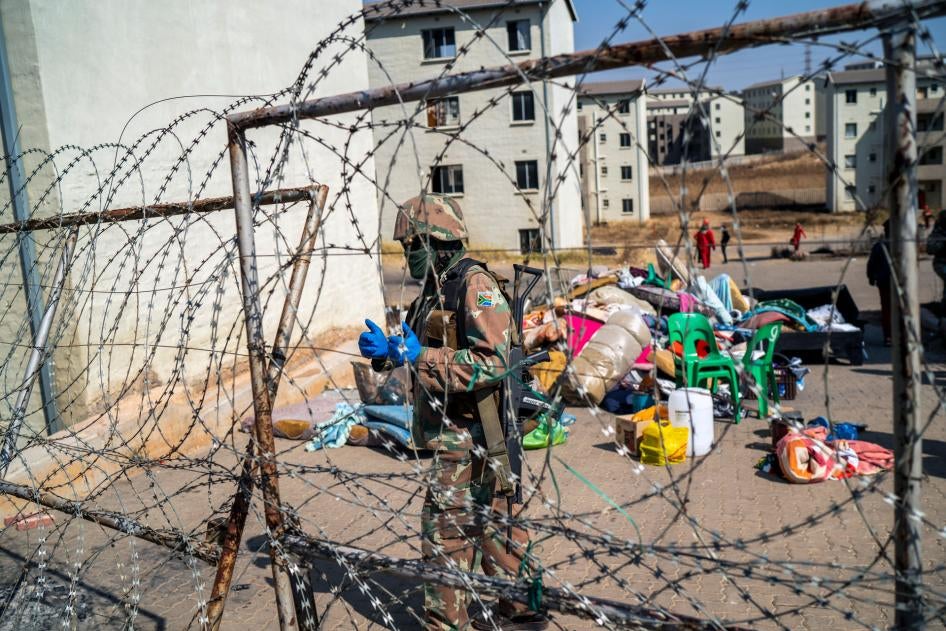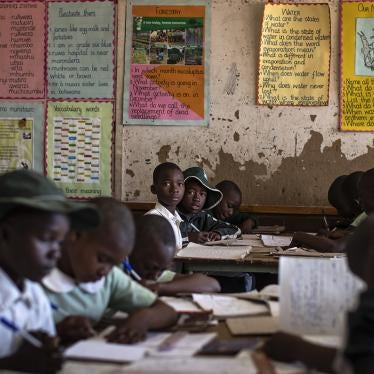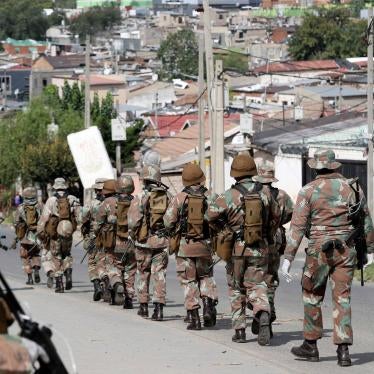South Africa has been hit hard by the pandemic, with the fifth-highest number of cases – 625,059 as of 30 August – in the world. Yet despite a federal ban on evictions, the country’s local governments are evicting people from homes built on public land without providing alternative sites to shelter-in-place, a move that exposes those evicted to increased risk of infection.
The health consequences are especially problematic in the country’s provinces most affected by Covid-19: KwaZulu Natal, Western Cape, Eastern Cape, and Gauteng. It’s here where recent evictions by municipalities occurred.
On August 17 in Johannesburg’s Fleurhof area, officials demolished temporary structures that residents had built on municipal land. One week later, August 24, city agents forcibly evicted residents from municipal buildings in Fleurhof, depositing their belongings on the street.
While in lockdown, government officials demolished over 58,000 temporary houses on public land in Cape Town and have evicted families from informal settlements, disused government buildings, and spaces in other cities such as Durban. A High Court ruled that the City of Cape Town must obtain a court order to evict people or demolish their homes during the country’s state of national disaster.
Forced evictions violate international human rights law, including the right to housing.
More than 4 million people, or over 1 million households, live in informal settlements built on public land in South Africa. The recent evictions of informal settlements within urban areas will increase hardship for people already living in poverty and suffering job or income loss because of deep-seated inequalities that are exacerbated by the Covid-19 pandemic. The country’s apartheid history, which restricted Blacks’ access to urban areas, movement to urban areas post-apartheid, and vulnerabilities experienced by women and migrants provide an insight into the economic and housing inequality that plagues most cities. Affordable government housing programs have an acute backlog and have failed to keep up with demand as people move from rural to urban areas.
As the country eases up on lockdown restrictions in the coming weeks, more families are at risk of being evicted.
South Africa should stop these evictions and develop a coordinated plan on housing and land distribution that takes into consideration both its history and resultant inequalities. It should also speed up allocation of adequate housing to people that are most in need.










